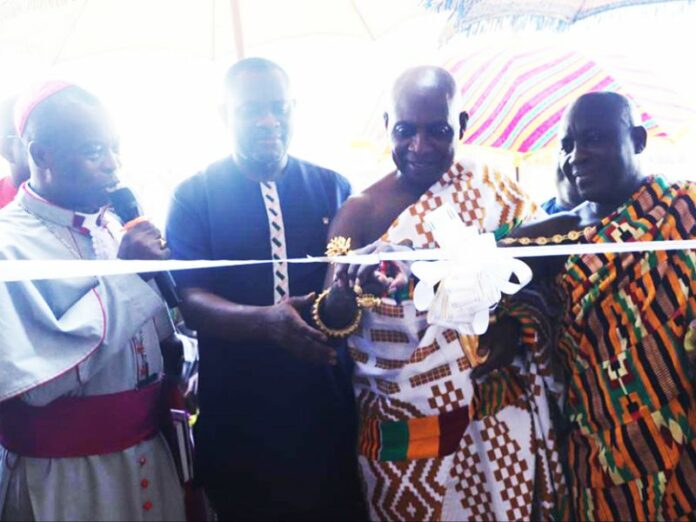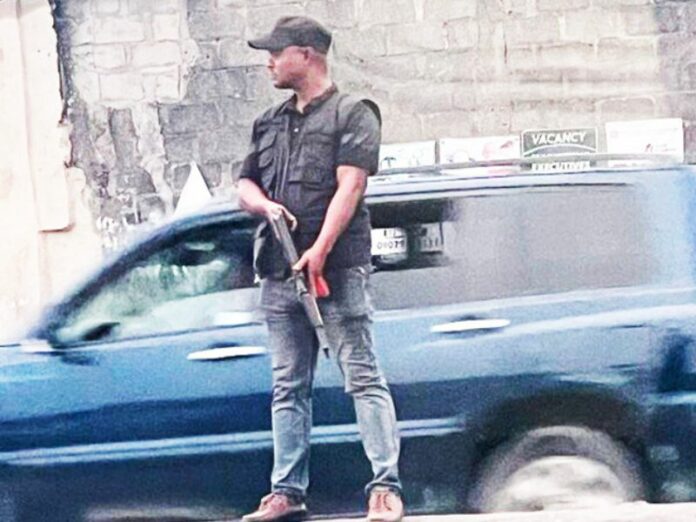In recent times, the Ghana Police Service has come under heavy criticism following some mysterious deaths that have occurred at some police stations.
It is on record that two police officers who were arrested as alleged prime suspects in recent bullion van robberies and were in their custody died.
The police explained that the suspects, Constable Reindolph Gyimah Ansah and Corporal Stephen Kwaku Nyame, were sent to a location at Borteyman in Ashaiman to assist in arresting other suspects believed to be part of a syndicate that targeted bullion van but died out of an exchange of gunshots.
This explanation by the police was greeted with wild reaction as some said the story told by the police was too sweet to be true while others suspected a foul play and possible cover up.
Similarly, in April last year, a 28-year-old trader, Albert Akwasi Donkor, was allegedly killed by the police in Nkoranza under the pretext that he was an armed robber, when he was previously picked up as a mere suspect.
The killing of Albert also raised the anger of some irate youth of the town where he comes from. The youth attacked the police station to retaliate the murder of their colleague.
We, at The Chronicle, find the above sequence of events and others which we have not captured here to be not just unfortunate and highly disturbing, but also as a threat to the security of the state as far as policing is concerned.
Our worry stems from the fact that, per our constitutional arrangements, the police are the custodians of internal security, and who have been mandated to maintain law and order.
Additionally, the Police Service, as a peace and law enforcing institution, has it as a constitutional mandate to protect lives and property to enhance internal security in the country.
In our views, such events, as stated above, have the highest tendencies to affect the image of the Service and bring it into public ridicule, which would definitely cause the public to lose confidence in it.
We, therefore, call on the police to up their game to protect their image as a noble institution in the eyes of right thinking members of society.
This is because we cannot afford to have a police institution with a tainted image and scandalous identity, as such would adversely affect the general security of the country.
In our sincerest opinion, the times have changed and that policing in general has become a shared responsibility, where there must be greater cohesion between the police and the people.
As a matter of fact, just as the people need the police to protect them, the police also need the people as major partners in the performance of their duty to protect the citizens.
This, therefore, calls for the building of a symbiotic relationship that would be mutually beneficial to both the police and the people they the police are supposed to protect.
As a result, conscious efforts must be made to ensure that the police would be more diligent and professional in the discharge of their duties but not the show of power to intimidate.
The police hierarchy must urgently ensure that any perception that would portray the police as an irresponsible institution that is interested in killing suspects is properly curtailed.
Available literature has thought us that hostile relationship between the people and the police are always dress rehearsals for insecurity and instability.
Ghanaians, as a people, simply cannot afford to sacrifice our hard-won democracy on the altar of hostile relationship between the police and the same people they are supposed to protect.
The police must wake up and stem the tide.

















